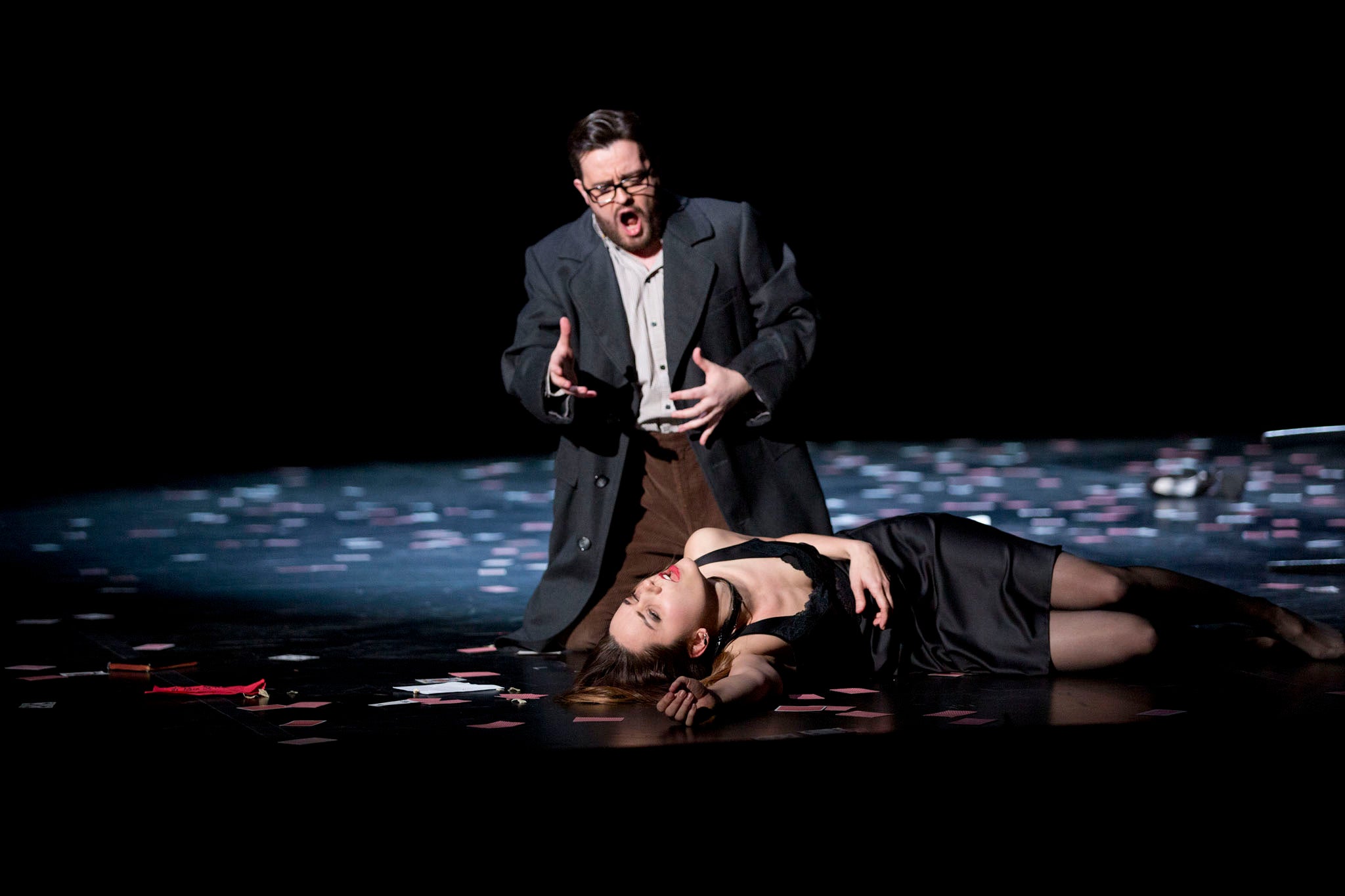La Traviata, English National Opera, review: Elizabeth Zharoff is a delight from start to finish
That this production can still give pleasure is thanks to the singing

Your support helps us to tell the story
From reproductive rights to climate change to Big Tech, The Independent is on the ground when the story is developing. Whether it's investigating the financials of Elon Musk's pro-Trump PAC or producing our latest documentary, 'The A Word', which shines a light on the American women fighting for reproductive rights, we know how important it is to parse out the facts from the messaging.
At such a critical moment in US history, we need reporters on the ground. Your donation allows us to keep sending journalists to speak to both sides of the story.
The Independent is trusted by Americans across the entire political spectrum. And unlike many other quality news outlets, we choose not to lock Americans out of our reporting and analysis with paywalls. We believe quality journalism should be available to everyone, paid for by those who can afford it.
Your support makes all the difference.Peter Konwitschny’s ‘Traviata’ travesty doesn’t get any better on a second viewing. His view is that this is a social drama in which Violetta is the only real person, with the chorus like a hyperactive crowd of George Grosz caricatures given to quasi-sexual cavortings.
His Alfredo – played by Ben Johnson like an autistic bookworm – commands as little belief as he did the first time round: how could Elizabeth Zharoff’s Violetta possibly fall for him, when his response to any kind of encounter is to scamper behind a curtain?
The second act remains totally misconceived, with Konwitschny introducing the twelve-year-old girl he’s inserted into the libretto as the daughter whose marriage chances are blighted by Alfredo’s misalliance; that Germont should reveal himself as a child-batterer in the course of his duet with Violetta simply compounds the dramatic vandalism.
The final act, in which the lovers draw invisible curtains across the stage to denote Violetta’s approaching death, may work as a conceit, but it undermines the pathos of Verdi’s ending. That this production can still give pleasure is thanks to the singing: Anthony Michaels-Moore’s Germont is nobly sung, Johnson’s Alfredo has sweet poignancy, and Zharoff’s pure-toned Violetta is a delight from start to finish.
Join our commenting forum
Join thought-provoking conversations, follow other Independent readers and see their replies
Comments